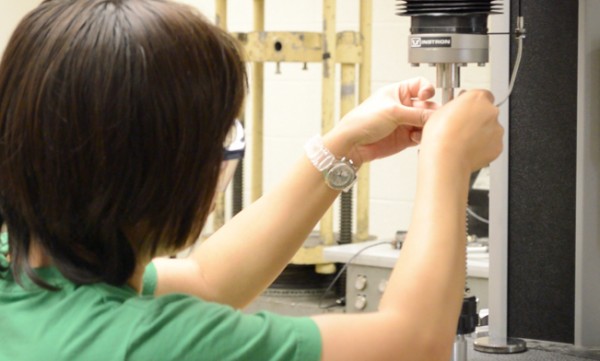Border job growth tied to better college prep, school funding
|
EL PASO – Political and community leaders on the U.S.-Mexico border are promoting improved college graduation rates as a key to future economic development in the region. The importance of increasing the number of college graduates to attract and fill high skill, high paying jobs was a big part of the discussion at the 2014 Border Legislative Conference Sept. 12 in El Paso. The conference brought together civic, political and business leaders from both sides of the border to talk about issues of trade, commerce, mobility and education. “There must be a push for higher education in order for the border region to succeed,” said Rep. Joaquin Castro, D-Texas.

